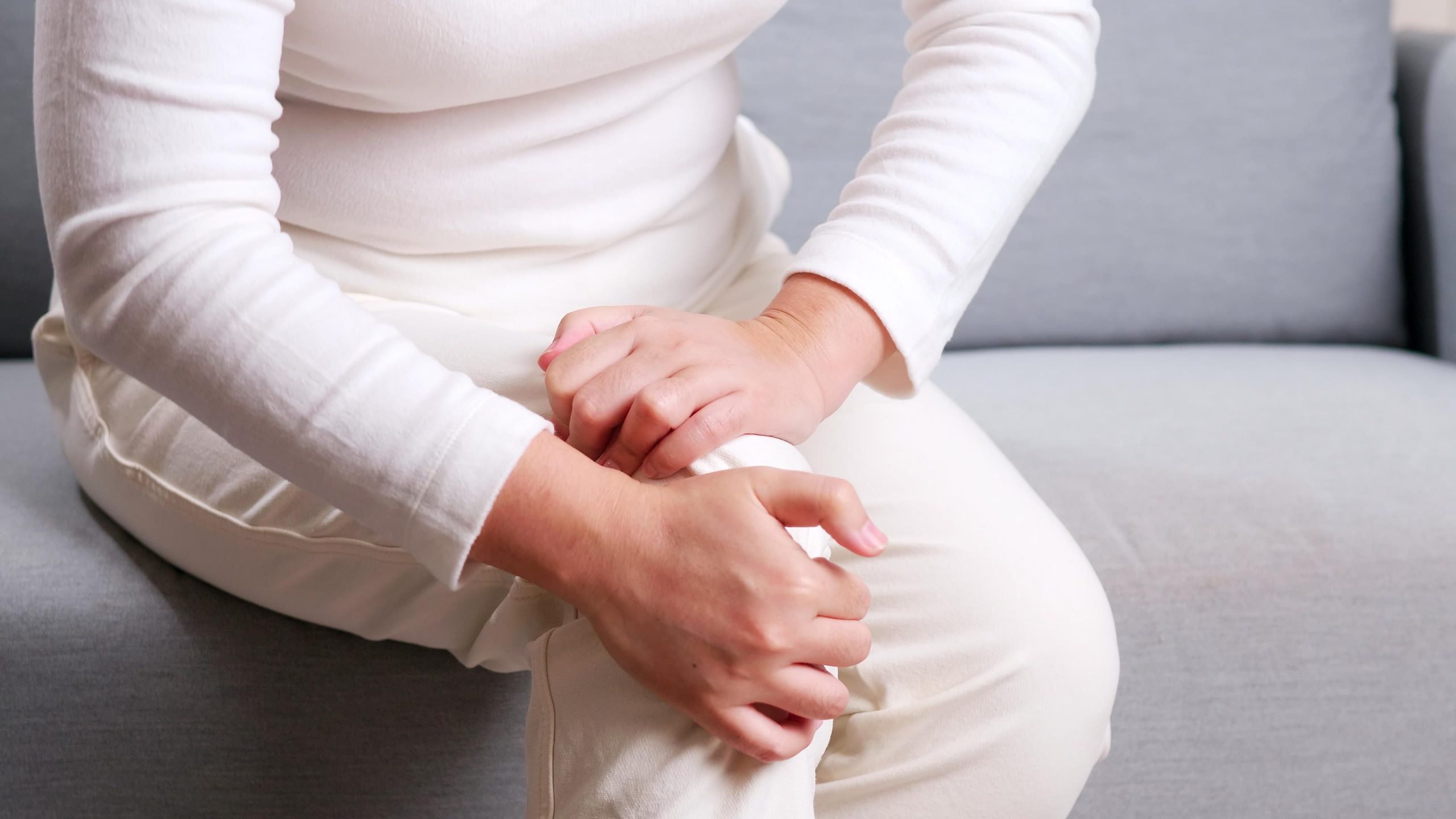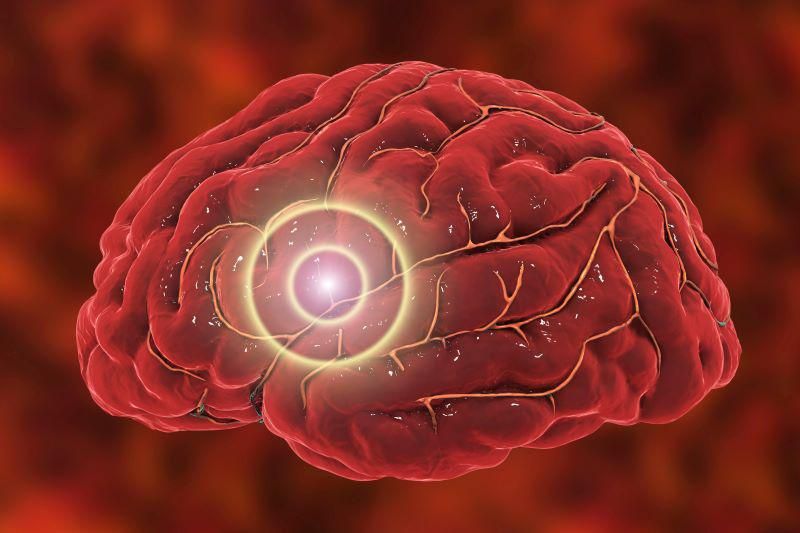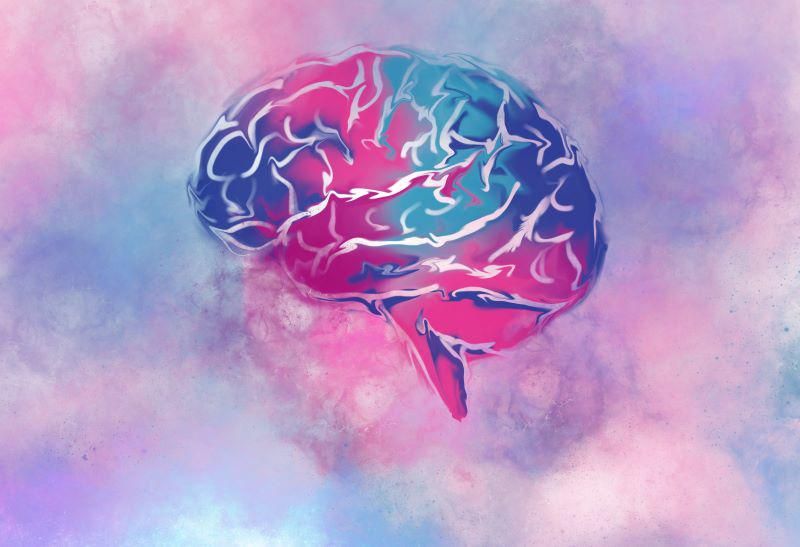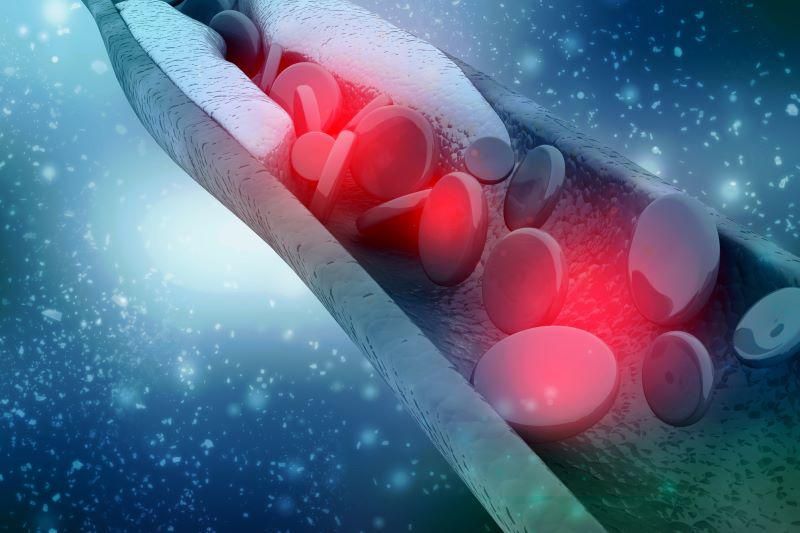
It’s a common dilemma when your child seems sick: Do you call the doctor, make a trip to urgent care or head straight to the emergency room? If it’s not an emergency, a call to your child’s pediatrician may help guide you. The doctor’s staff may recommend bringing your child in for a visit or… read on > read on >






























